At times, Galaxy feels more like 2001: A Space Odyssey or Cosmos than Super Mario.
To mark its 15th anniversary, we take a look back at what made it unique among Mario games.
Super Mario Galaxy is celebrating its 15-year anniversary today, November 12, 2022.
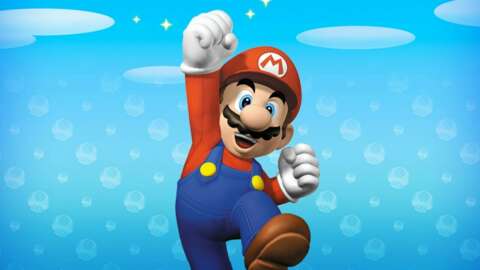
Now Playing:Super Mario 3D All-Stars Review
However, Galaxy offers an existential, joyful melancholy.
Galaxy centers on the cosmic interconnection of life and death, and the scattered, unconscious possibility of rebirth.
You need a javascript enabled web app to watch videos.
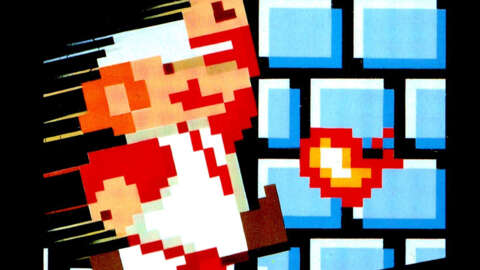
Want us to remember this setting for all your devices?
But Mario Galaxy offers something more fundamental.
Its sadness is not a tonal dalliance or a joke or an accidental effect of colliding mechanics.
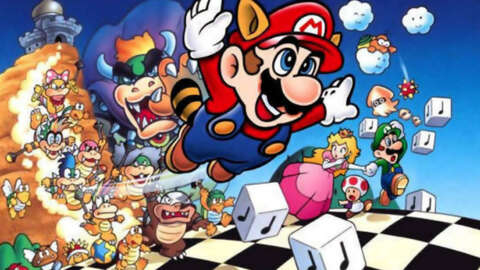
In time, these points of light will die, and others will take their place.
This is, in stark mechanical terms, a means of gating progress.
Mario picks up “star bits” on his travels.
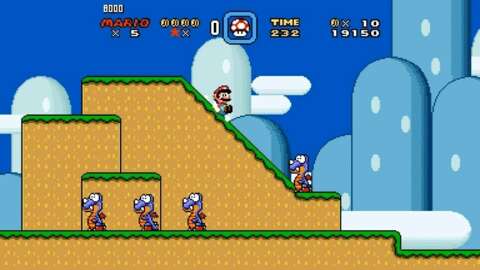
If he has enough, he can feed them to Lumas to open up a new world.
But this process has more thematic punch than a star marker under a door.
When a Luma transforms into a galaxy, they are no longer a cute little star guy.
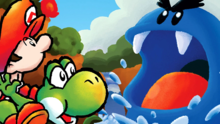
They become earth, sand, water, space–even other life forms.
It’s a kind of death.
Still, that death creates another kind of life.
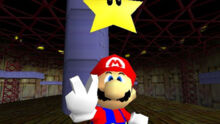
All of Galaxys worlds, by implication, were once these star children.
A star dies, matter expands, the universe turns ever onward.
She guides Mario, too, taking him under her wing when he lands on her spaceship.
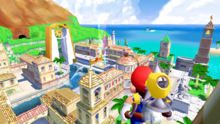
However, you learn the most about Rosalina in her library as she reads a storybook aloud.
The storybook tells of how Rosalina came to care for the Lumas.
In time, Rosalina becomes a mom to the many Lumas she helped on her journey.
It’s a kind of godhood, but chosen rather than ascended to or born into.
Here being a god is not about power or creation exactly; it’s a role.
From that death, however, comes the possibility that someone else can fulfill those needed obligations.
She stands between life and death, overseeing the transformations that make the stars possible.
While this is indeed weighty and metaphysical, Mario Galaxy’s cosmic scale is often small.
Rosalina herself went on the storybook’s journey because she missed her mother.
It’s a simple love that stretches out across the universe, touching individual lives in turn.
Though the role is cosmic, its practicalities are simply parenthood.
Mario is a visitor on this ship that is more a home than anything else.
Galaxy weaves together that mundanity with its galactic scale.
Mario Galaxy is a game about that kind of poetry.
It turns the stars into children themselves, reforming the universe into human cycles of life and death.
Much of life itself is, after all, silly and frivolous.
We live and die and poop and eat in a speck of blue in the vastness of space.
Our lives feel important, but are so small.
In the grand scale of things, massive things like planets and ecosystems might seem too insignificant.
However, these small lives have intimate connections to the stars that enable them.
We, too, live and die, are born and reborn.
It is a lonely universe.
But it is lit up by our flickering lights and our connections to each other.
Got a news tip or want to contact us directly?